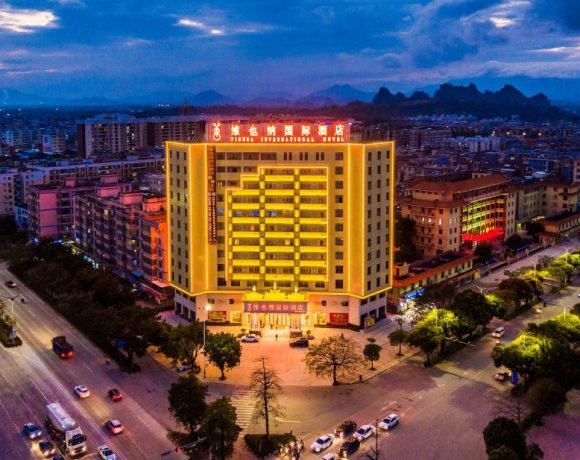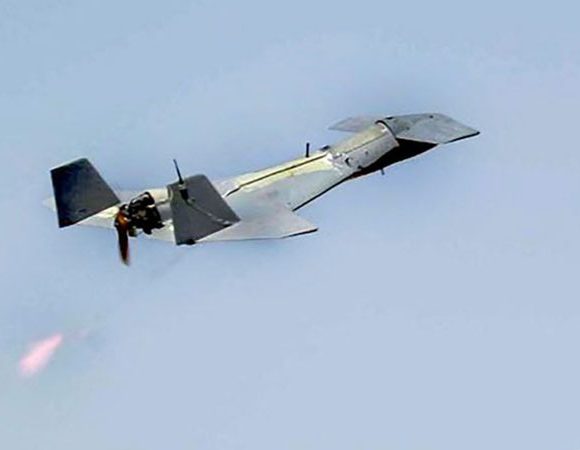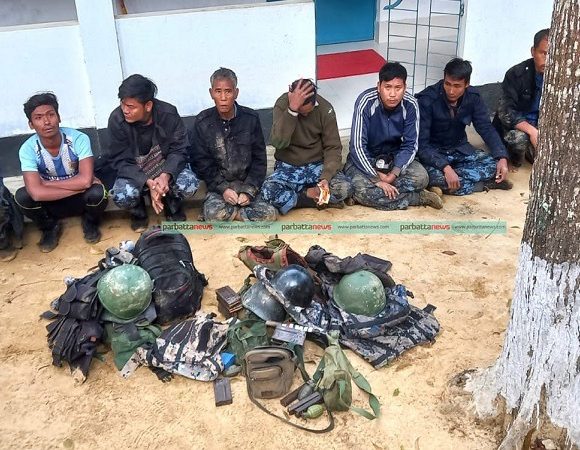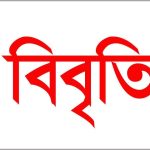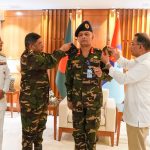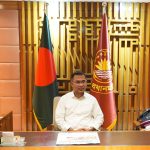ECNEC clears Tk 652cr project for Rohingya water, sanitation
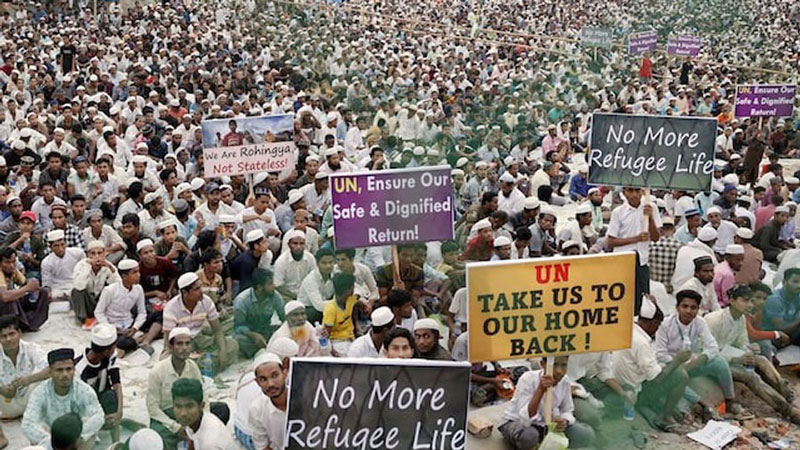
PARBATTA NEWS DESK
The Executive Committee of the National Economic Council (ECNEC) has approved a project worth Tk 652.55 crore to enhance water supply, sanitation, and solid waste management services for displaced Rohingya communities and local residents in 11 upazilas of Cox’s Bazar and Noakhali, Bonik Barta reports.
The project, titled Integrated Services and Livelihood Development for Displaced Rohingya Population and Local Communities, was approved at the final ECNEC meeting of the current fiscal year.
According to project documents, the initiative will be implemented with a combination of loans and grants. The Asian Development Bank (ADB) will provide Tk 232.28 crore in loans and Tk 307.48 crore in grants. The remaining Tk 112.78 crore will be financed by the Government of Bangladesh (GoB). The Department of Public Health Engineering under the Ministry of Local Government will implement the project.
Once implemented, the project aims to improve water supply, sanitation, and solid waste management services for both the Rohingya population and the host communities in Teknaf and Ukhiya.
Project components include a Tk 125 crore transmission pipeline, distribution network, and household connections from Ukhiya to Teknaf. Additionally, Tk 121 crore will be allocated to build 20 mini pipe water supply systems across nine upazilas of Cox’s Bazar.
Other planned activities include construction of water treatment facilities, secondary distribution lines for Rohingya camps, operation of existing water and sanitation schemes, development of a physical sludge management system in Bhasan Char, and rehabilitation of integrated waste management infrastructure. The project will be implemented from July 2024 to June 2028.
The Project Evaluation Committee (PEC) previously removed 15 non-essential and unjustified components from the original proposal.
Although Rohingya settlements are primarily located in Ukhiya, Teknaf, and Bhasan Char, the project also includes seven other upazilas in Cox’s Bazar and Subarnachar and Hatiya in Noakhali. This has raised questions regarding the geographic scope of the project.
Responding to this, Ehteshamul Russel Khan, Additional Chief Engineer (Planning) at the Department of Public Health Engineering, told Bonik Barta that the core objective is to improve water infrastructure in Rohingya-affected areas. “The primary focus is on improving the mini water pipe supply system in Ukhiya, Teknaf, and Bhasan Char. However, other upazilas in Cox’s Bazar have also been economically affected by the Rohingya crisis, so a limited number of water systems will be implemented there,” he said.
He added that activities in Subarnachar and Hatiya will focus mainly on fecal sludge management, with a limited budget. “Another major task is extending the existing water transmission line from Ukhiya to Rohingya camps in Teknaf. Waste management systems will also be rehabilitated. Since the project is funded by ADB, we must also follow their guidelines,” he said.

